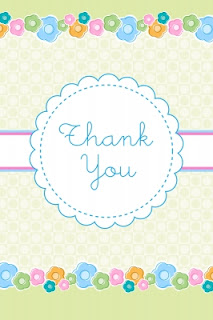 |
| Here it comes! Are your plans in place? Image by Salvatore Vuono |
Back to the topic at hand. My plans for the new year contain many of the old, perennial favorites, but I'm actually heading in this year with some decent strategies in place. I just need to keep up the momentum. Here's my PLAN for the 2012:
1. Live healthier (and hopefully drop some weight). I've already put this plan in action. I bought a book from someone about dealing with all that inner junk, to help work on the outer junk. I know that I definitely have a lot of baggage in this arena, so hopefully this will help. Can't hurt, right?
2. Get my money issues in order. This is an ongoing project over at the other blog. It's at least something that I'm always conscious of, so hopefully that will keep things going in the right direction.
3. Keep the house in better shape. I am a terrible housekeeper. I just don't know what it is, but I just plain loathe housework. And the poor house reflects it. I don't quite have a strategy for this one yet. Obviously the simplest strategy is "pick up as you go," but just like the simple strategy for weight loss is "eat less and move more," there's something getting in my way. If it were that easy, there wouldn't be a whole shelf in the library dedicated to it, right?
And now the writing goals:
1. Get that stupid city license. I have the paperwork I need for it (finally), but thanks to holiday money issues, I wound up having to wait. First paycheck in January is paying for that darn license. Then I'm going to put my local marketing plan into action!
2. Finish editing the novel. Ugh, I know. I've been saying this forever. My poor baby is just sitting there, neglected. I need to just get over it and get it done. I find it harder and harder to work on projects that aren't actively paying me at the moment. I need to set up a plan for that darn thing and make it happen.
3. Start marketing magazine articles more aggressively. My first real printed magazine article is coming out in March. At that point I'll have a solid clip. I plan to drop that clip all over town. I'm thrilled that I have cultivated a positive relationship with the magazine. They want me to do more work for them and I'm really excited about that! Speaking of which...
4. Get that e-book done. The magazine wants to promote it. A nationwide ready-made audience ready to read my work? What the hell am I waiting for? I think there's a fear factor here, and I'm going to need to deal with it.
5. Keep working on improving my productivity and efficiency. It's getting better, but there's still work to be done. I found a nifty little toy yesterday. An online stopwatch. So simple it's almost stupid. But it kept me focused for long stretches of time, and I really got stuff done. Good deal.
What will you be working on in the coming months?

















